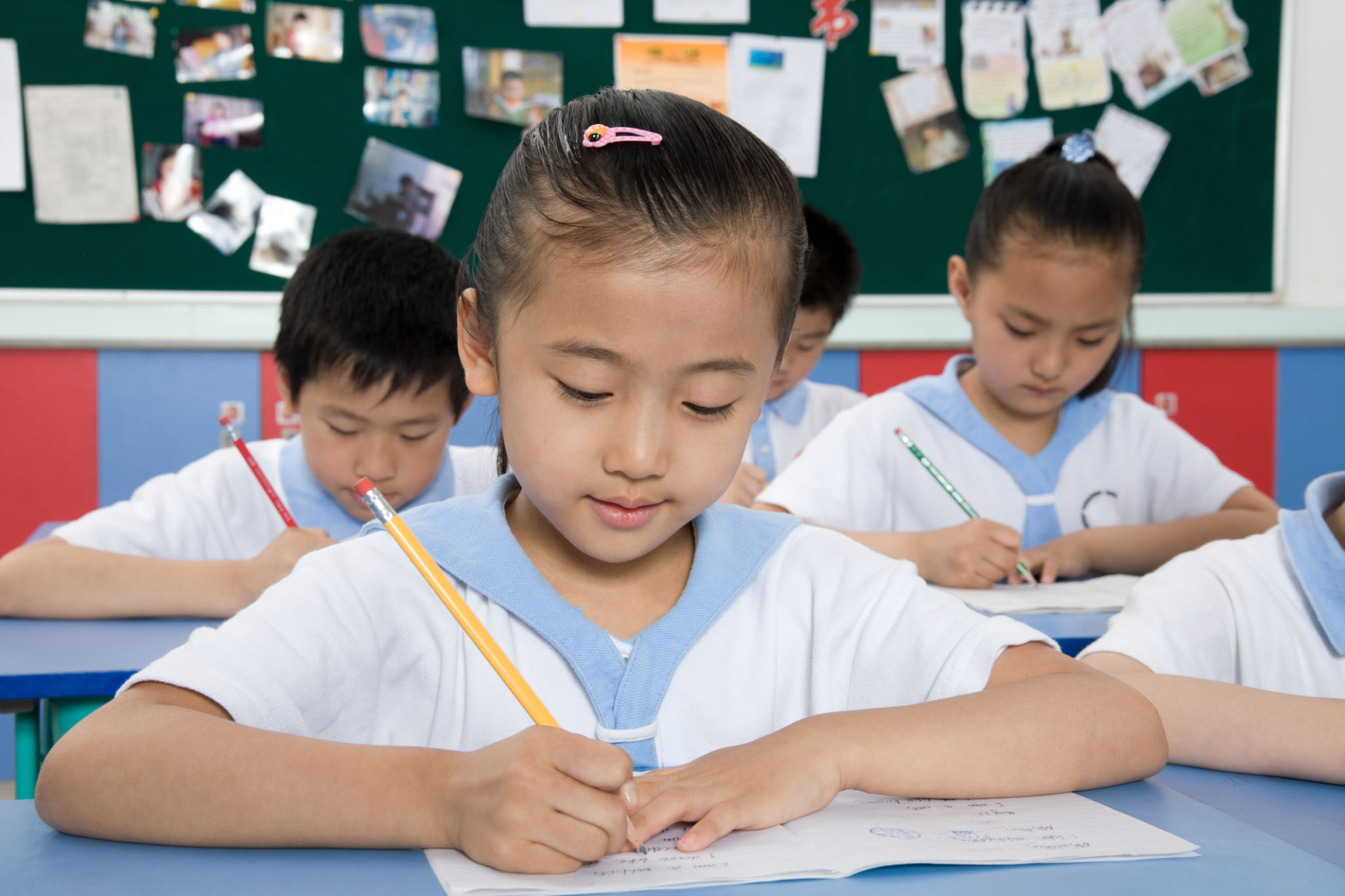Understanding the Complexities of Child Soldier Recruitment in Sierra Leone
Understanding the Roots of Child Soldier Recruitment
The recruitment of child soldiers is a harrowing issue that has plagued Sierra Leone, a country that suffered a brutal civil war from 1991 to 2002. This complex problem is deeply rooted in the socio-economic fabric of the nation, exacerbated by poverty, lack of education, and the breakdown of social structures. Understanding these underlying causes is crucial to addressing the recruitment of children into armed forces.
One of the primary drivers behind the recruitment of child soldiers in Sierra Leone is poverty. Many families, struggling to survive, see their children joining armed groups as a means to ensure food and protection. In such dire circumstances, children are often seen as assets rather than individuals with rights. Addressing poverty is essential to reducing the vulnerability of children to recruitment.

The Role of Education
Lack of access to education is another significant factor contributing to child soldier recruitment. Many children in Sierra Leone grow up without attending school, leaving them with limited opportunities for future employment. This educational gap makes them easy targets for armed groups who promise them a sense of belonging and purpose. Improving access to education can provide children with alternative paths and reduce their susceptibility to recruitment.
Efforts to rehabilitate former child soldiers often emphasize education as a key component. By reintegrating these children into schools and providing vocational training, they are given the tools to rebuild their lives and contribute positively to society. This approach not only aids in their recovery but also helps prevent further recruitment by creating educated and empowered communities.

The Psychological Impact on Child Soldiers
The psychological trauma experienced by child soldiers cannot be overstated. These children are often forced to commit atrocities, leaving deep emotional scars that persist long after the conflict ends. The mental health impact is profound, with many suffering from post-traumatic stress disorder (PTSD), depression, and anxiety. Addressing these psychological needs is crucial for their recovery and reintegration.
Rehabilitation programs must focus on providing comprehensive mental health support. This includes counseling, therapy, and creating safe spaces for children to express their emotions and heal from their experiences. Community involvement is also vital, as it fosters a sense of acceptance and belonging, helping former child soldiers transition back into civilian life.

International Efforts and Support
The international community has played a significant role in addressing the issue of child soldier recruitment in Sierra Leone. Various organizations work tirelessly to implement programs that support disarmament, demobilization, and reintegration (DDR) processes. These efforts are crucial in providing former child soldiers with the resources they need to start anew.
However, sustained international support is necessary to ensure long-term success. This includes financial assistance for education and healthcare, as well as political advocacy to strengthen local governance and legal frameworks that protect children's rights. Collaborative efforts between governments, NGOs, and international bodies can create sustainable solutions to prevent future recruitment.
The Path Forward
Ending the cycle of child soldier recruitment in Sierra Leone requires a multi-faceted approach. It involves not only addressing the immediate needs of affected children but also tackling the root causes of the problem. By focusing on poverty alleviation, education, psychological support, and international collaboration, progress can be made towards eradicating this practice.
Ultimately, the goal is to create a society where children are valued as individuals with inherent rights and potential. By investing in the future of these children, Sierra Leone can move towards lasting peace and stability, ensuring that no child is ever again forced into conflict.